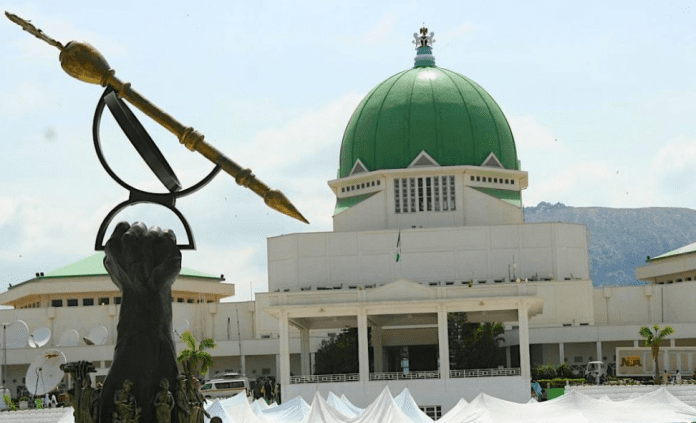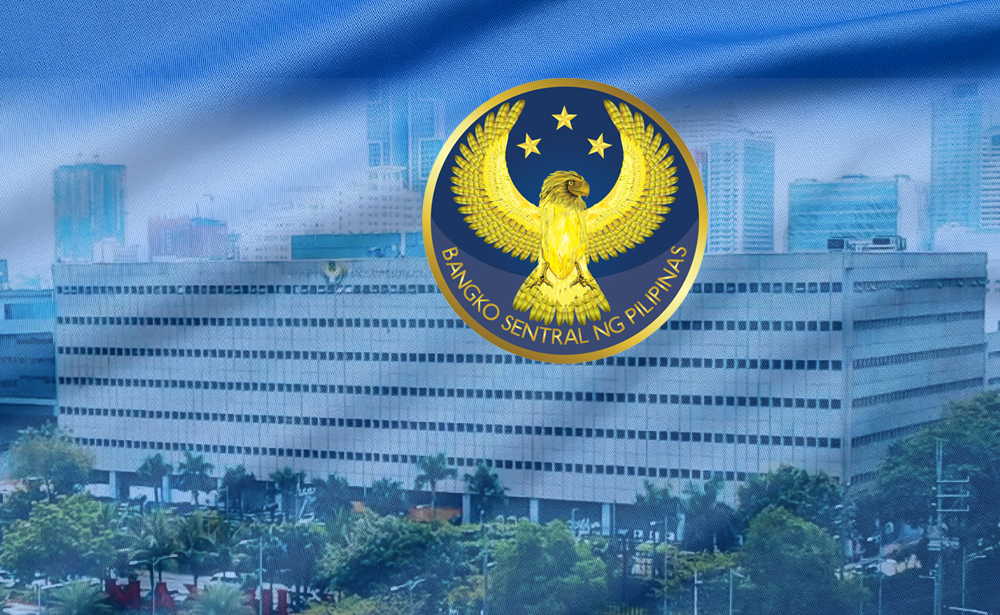By Ghana News
Copyright ghanamma

Nigeria’s National Assembly postponed the resumption of plenary sessions by two weeks, pushing the return date from September 23 to October 7, as lawmakers extend their annual recess period.
The adjustment was announced Tuesday in a statement signed by Clerk to the National Assembly Kamoru Ogunlana, following directives from presiding officers of both legislative chambers. The statement confirmed that plenary activities scheduled for Tuesday, September 23, 2025, would be delayed until Tuesday, October 7, 2025.
Federal lawmakers had initially planned to reconvene Tuesday to begin the final quarter of legislative business for 2025, following their July 23 adjournment for annual recess. The postponement affects both the 109-member Senate and 360-member House of Representatives in the bicameral legislature.
Despite the plenary delay, standing and ad-hoc committees will continue their legislative engagements throughout the extended break period. This ensures ongoing oversight and preparatory work continues while full sessions remain suspended.
Ogunlana, who assumed the role of Clerk to the National Assembly in February 2025, expressed regret for any inconvenience caused by the schedule change. The statement requested all distinguished senators and honorable members adjust their schedules accordingly.
The National Assembly operates on a structured calendar with multiple recess periods throughout the year, including the annual extended break that typically runs from late July through September. The current 10th National Assembly began its 2025 legislative session in January following the Christmas and New Year holidays.
The postponement comes as Nigeria faces significant legislative priorities requiring attention in the final quarter of 2025, including budget preparations and oversight activities across various government ministries and agencies.
Committee work remains active during recess periods, allowing lawmakers to conduct investigative hearings, review proposed legislation, and engage with stakeholders on policy matters affecting different sectors of the economy.
The extended break provides additional time for lawmakers to engage with constituents in their home states and constituencies, addressing local concerns and gathering input on national issues requiring legislative attention.
Nigeria’s legislative calendar allows flexibility for adjustments when circumstances require schedule modifications, though such changes typically include advance notice to ensure proper coordination among members and parliamentary staff.
The October 7 resumption date positions lawmakers to address fourth-quarter legislative priorities, including appropriation bills and oversight functions as the government prepares for the 2026 fiscal year budget cycle.
Parliamentary activities in Nigeria traditionally intensify during final quarters as lawmakers work to complete pending legislation and conduct oversight of government spending and policy implementation across ministries and agencies.
The 10th National Assembly, which began its four-year term in June 2023, maintains responsibility for lawmaking, oversight of the executive branch, and representation of Nigerian citizens’ interests at the federal level.



